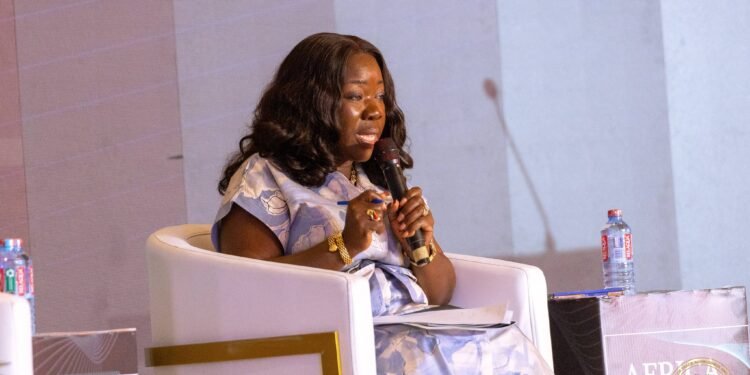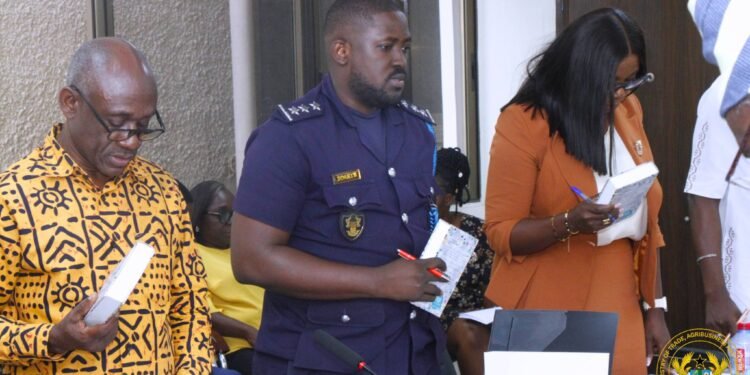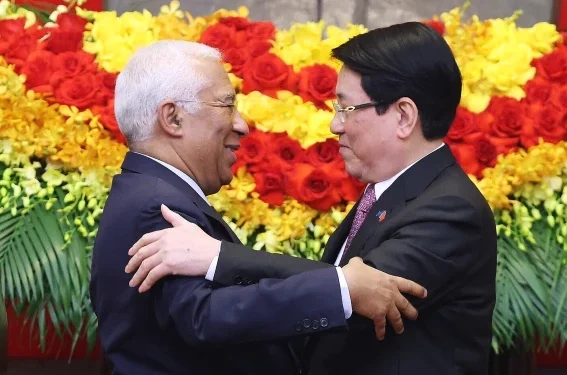Ghana’s music industry, often celebrated as the birthplace of highlife and a vibrant hub for diverse musical genres, has a rich cultural tapestry that has the potential to captivate global audiences.
However, despite its artistic prowess and the burgeoning popularity of its genres, the Ghanaian music industry struggles to attract substantial investment.
Event planner and industry professional, Soraya Opare-Riley, has stated that Ghana’s music industry is not attractive enough to draw in investors.
According to her, the industry is still in its early stages, and anyone who chooses to invest in it feels as though they’re taking a significant risk.
“As it stands now, the music industry is not attractive to invest in. It is not attractive to invest in because we are at an early stage, and anyone would consider investing in the sector to be risky. One of the things that would deter somebody from taking a risk is that a big man who is coming to invest would sit down, and some press house or some blogger will now come and say ‘Because so and so invested in Sefa, edey chop and.’ That would negatively deter an investor.”
Soraya Opare-Riley
According to her, even when the investor manages to make a profit, negative publicity may still damage their reputation and affect their willingness to continue investing.
“The negative misinformation of the music industry is something that would deter anybody. Even if you do make a profit, you would make a profit, but you are getting bad press. Why would you want to continue?”
Soraya Opare-Riley
One of the primary barriers to investment in Ghana’s music industry is the systemic challenges that artists and producers face. The lack of a robust legal framework for intellectual property rights often leaves artists vulnerable to piracy and exploitation.
Without the assurance that their work will be protected, many musicians are hesitant to invest time and resources into their art. Furthermore, the absence of established music industry bodies that advocate for artists’ rights and interests hampers the industry’s growth.

Investors are typically wary of entering markets where the legal landscape is uncertain, making it imperative for Ghana to strengthen its legal protections for creatives.
Soraya pointed to the rise of social media as a factor that fuels these challenges. According to her, once something is posted online, it spreads and shapes how people in other countries see Ghana’s music scene.
“It has exacerbated because of social media, where people sit down and just write anything… When you put something on social media, that becomes your story to anybody in India, China, or anywhere around the globe. When they read about it. That is what they see, that is why they hear, so they don’t see the positive side of the Ghanaian music industry.”
Soraya Opare-Riley
Soraya urged bold moves: restructuring institutions, strengthening IP laws, investing in infrastructure, and inviting major label partnerships.
Another significant hurdle is the inadequate infrastructure that supports the music industry. While urban centers like Accra and Kumasi boast a vibrant music scene, the lack of proper venues, recording studios, and distribution networks limits the growth potential.
Many talented artists are forced to rely on informal channels to produce and promote their music, which stifles innovation and reduces the overall quality of output.
For investors, the absence of a well-structured industry raises concerns about the viability of their investments.
Building modern facilities and providing access to high-quality production resources would not only enhance the music output but also attract foreign investors looking for a stable environment to nurture talent.
Insufficient Marketing Strategies in Ghana’s Music Industry

Moreover, Ghana’s music industry suffers from insufficient marketing strategies. While the global appetite for Afrobeats and other Ghanaian genres is growing, the lack of strategic marketing and promotion means that many artists remain unknown outside their local markets.
Effective marketing campaigns, partnerships with international labels, and the use of digital platforms are essential for reaching wider audiences. Investors are more likely to engage with industries that demonstrate a clear plan for growth and outreach.
Thus, developing comprehensive marketing strategies that highlight Ghanaian music on the global stage is crucial for attracting investment. To transform Ghana’s music industry into an attractive investment destination, stakeholders must collaborate to address these challenges.
Government intervention is essential in creating a supportive legal environment that protects artists’ rights and encourages investment.
Additionally, public-private partnerships can be established to develop infrastructure that meets industry needs. Finally, a concerted effort to enhance marketing strategies through digital platforms and international collaborations can elevate Ghana’s music profile globally.
Ghana’s music industry is a treasure trove of cultural richness and artistic talent, yet it remains largely untapped due to systemic challenges, inadequate infrastructure, and insufficient marketing strategies.
By addressing these issues, Ghana creates an environment that not only attracts investors but also nurtures its artists and promotes its unique musical heritage.
The time has come for Ghana to embrace its potential and position itself as a leading player in the global music industry, ultimately reaping the economic benefits that come with it. The world is listening; it is time for Ghana to make its voice heard.
READ ALSO: NPP’s 2024 Loss Traced to Leadership, Governance Failures – Mike Oquaye Committee Report























